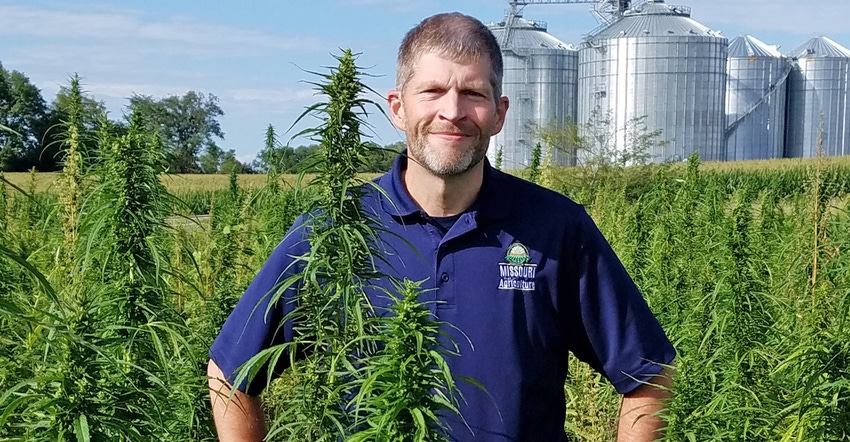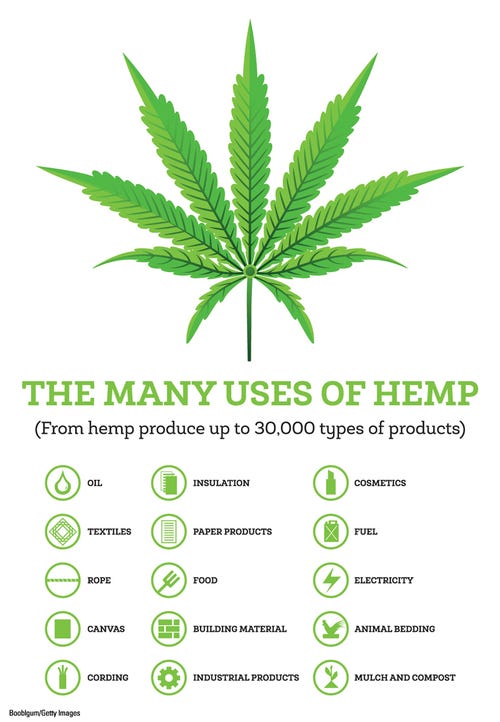
Alan Freeman is an educator. He spent 10 years teaching agriculture to high school students in small towns in south-central Missouri. Then he helped farmers and ranchers understand soil and water programs while working at the Missouri Department of Natural Resources. Today, he is tackling a new educational opportunity, explaining the ins and outs of the state’s newest crop — industrial hemp.
Freeman grew up on what many would consider a traditional farm. He raised feeder pigs, cattle and sheep near Salem, Mo. “I’ve always been around agriculture,” he says. “My dad was a high school ag teacher who taught for 30 years.” But this new venture has him thinking beyond the conventional to the unusual.
New task
In May, Freeman took on the role of hemp program administrator for the Missouri Department of Agriculture. He moved just one floor above his old office in the Ag Business Development Division, where he managed the Ag Stewardship and Development Division, focusing on the Beef Initiative for the state.
“I like a challenging opportunity,” Freeman says. “It is not every day that you can be involved in a new form of agriculture production on the state government level.”
Freeman’s first task just five months ago was to work with other states on the developing rules for hemp. He sought out leaders in Kentucky, a state that has allowed hemp production since 2014.
These interactions, along with guidelines from the USDA, formulated the proposed rules. The 23-page document opens for public comment Nov. 1.

Early interest
When the 2018 Farm Bill allowed for federal industrial hemp production, national interest from growers wanting to produce cannabidiol increased. However, as Missouri passed Senate Bill 133 removing the state’s limitation of only 2,000 acres total of hemp production across the state, farmers wanted in on the action. They started looking at hemp for fiber and grain, Freeman says.
“There are a lot of uses for the product,” he explains. Hemp can be used for clothing, rope, paper and building materials. Still, Freeman says the free market will determine how hemp is grown in the state. He says farmers need to know their end market before they grow hemp.
Find markets
The state currently does not have a processing plant for hemp fiber, so farmers would need to transport their crop to hemp mills in other states. While companies such as Tiger Fiber have shown interest in constructing plants in Missouri, so far, it has not come to fruition.
“Producers need to know where the potential markets are,” Freeman says. He notes that farmers should try to secure contracts before placing seed in the ground.
“We know that excitement for any new industry can overtake market reality," Freeman adds. "Before investing a ton of money, producers need to do their due diligence on the crop.”
Freeman is quick to point out his program does not establish markets. “Our role is providing a regulatory framework for production,” he says.
Drawing on his years in agriculture education, Freeman spends his days explaining and teaching the rules to potential growers. “I enjoy talking with people,” he says, “especially about something so new, like hemp. It is an exciting time to be in agriculture.”
About the Author(s)
You May Also Like






